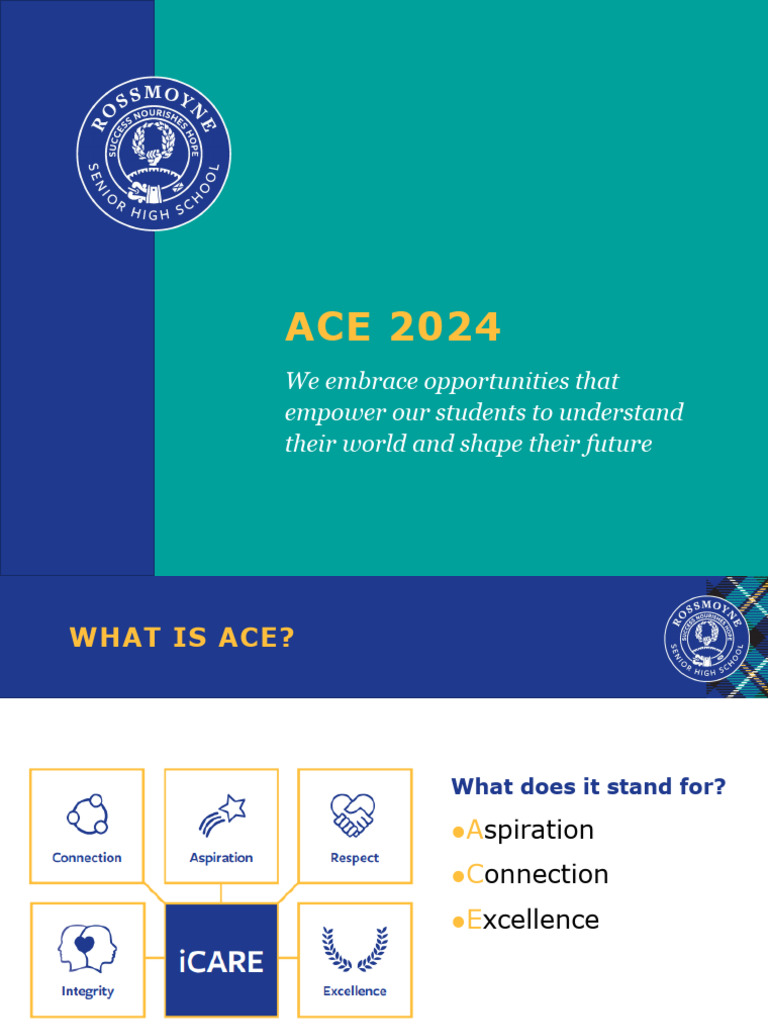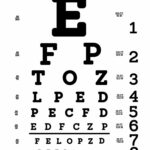The ACE program: a moniker brimming with promise, yet often shrouded in ambiguity. What exactly does “ACE” stand for? This seemingly simple query often unlocks a multifaceted exploration into various educational and developmental initiatives.
The term “ACE” itself is highly context-dependent. Pinpointing its specific meaning necessitates a deeper investigation into the environment where it’s utilized. Is it related to academic enhancement? Perhaps childhood development? Or does it fall under the umbrella of professional certification?
ACE Across Domains: A Disambiguation
The ubiquity of “ACE” necessitates a nuanced understanding of its potential applications. It’s not a monolithic entity but rather a flexible acronym adapted for diverse objectives.
1. Academic Contexts: Accelerating Scholastic Excellence
In educational institutions, “ACE” frequently denotes programs designed to accelerate student learning or provide supplemental support. Consider these possibilities:
- Accelerated Curriculum Enrichment: Such programs often cater to gifted students, offering advanced coursework and challenging projects that extend beyond the standard curriculum. These initiatives aim to foster critical thinking and problem-solving skills in exceptionally capable learners.
- Academic Center for Excellence: This designates a specific department or facility within a school or university dedicated to promoting academic achievement through tutoring, workshops, and resource provision. It serves as a hub for academic support.
- Achieve College Entrance: Many programs explicitly focus on preparing students for the rigors of higher education, offering guidance on standardized testing, college applications, and financial aid. They bridge the gap between secondary and tertiary education.
2. Childhood Development: Nurturing Growth and Resilience
The acronym also resonates strongly in early childhood education and intervention. In this domain, “ACE” can refer to:
- Adverse Childhood Experiences: While not a program *per se*, ACE in this context denotes traumatic events experienced during childhood (e.g., abuse, neglect, household dysfunction) that can have long-lasting impacts on health and well-being. Understanding ACEs is crucial for developing trauma-informed interventions.
- Adaptive Cognitive Enhancement: Some early intervention programs utilize “ACE” to signify methods aimed at improving cognitive function and adaptive skills in children with developmental delays. These approaches leverage play-based learning and individualized therapies.
- After-school Care Enrichment: After-school programs sometimes adopt the “ACE” moniker to indicate activities designed to enrich a child’s experience beyond the regular school day. This includes arts and crafts, sports, and educational games.
3. Professional Certifications: Attaining Credentialed Expertise
The professional sphere also embraces “ACE,” often in the realm of certification programs. Here are some examples:
- American Council on Exercise: ACE is a well-known organization that certifies fitness professionals, ensuring competency in areas such as personal training, group fitness instruction, and health coaching. Their certifications are widely recognized within the health and wellness industry.
- Accredited Certification Exam: In various technical and vocational fields, “ACE” might signify a specific certification exam that validates an individual’s expertise. Passing this exam demonstrates mastery of the relevant skills and knowledge.
- Advanced Career Enhancement: Corporate training programs sometimes use “ACE” to denote initiatives designed to help employees advance their careers within the organization. These programs may include leadership development, skill-building workshops, and mentorship opportunities.
Deciphering the Specific “ACE” Program: A Contextual Approach
Given the myriad interpretations of “ACE,” accurately identifying its meaning requires careful consideration of the surrounding context. Asking clarifying questions and delving into the specific program’s goals and objectives is paramount. Don’t assume; investigate.
Consider the following strategies to unlock the true significance of “ACE”:
- Examine the organizational context: Is the program associated with a school, a healthcare provider, or a professional organization? The affiliation will provide crucial clues.
- Review program materials: Brochures, websites, and other promotional materials often explicitly state the program’s full name and purpose.
- Inquire directly: Contact the program organizers or administrators for clarification. Direct communication is often the most efficient way to resolve ambiguity.
The Enduring Appeal of “ACE”: A Connotation of Excellence
The continued popularity of the “ACE” acronym stems from its inherently positive connotations. It evokes notions of achievement, competence, and superiority. It suggests a program designed to elevate individuals to a higher level of performance. The very sound of the word implies success.
However, it is crucial to remember that the inherent positivity of the acronym doesn’t guarantee efficacy. A program’s title is merely a label. It is the program’s content, implementation, and results that ultimately determine its true value. Therefore, a healthy dose of skepticism and diligent research are always warranted.
In conclusion, while the precise meaning of “ACE” may vary, its underlying aspiration remains constant: to foster growth, enhance skills, and propel individuals toward excellence. The challenge lies in discerning the specific application within a given context, ensuring a clear understanding of the program’s objectives and intended outcomes. Only then can one truly appreciate the program’s potential to help individuals “ACE” their goals.









Leave a Comment